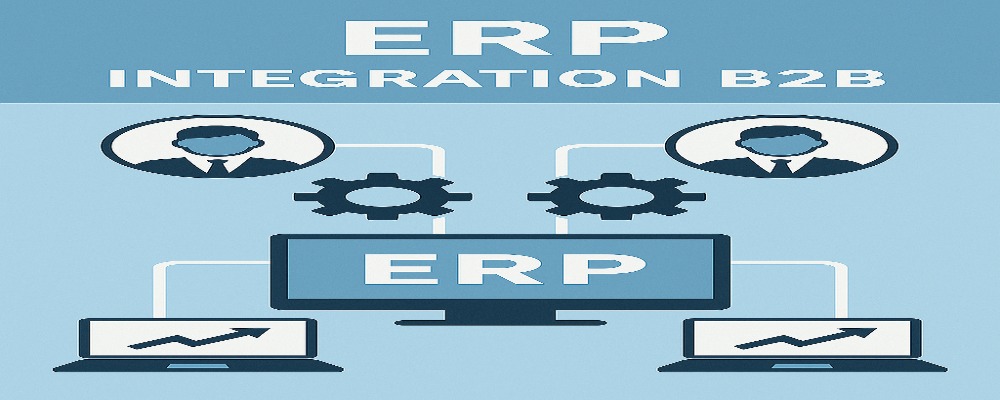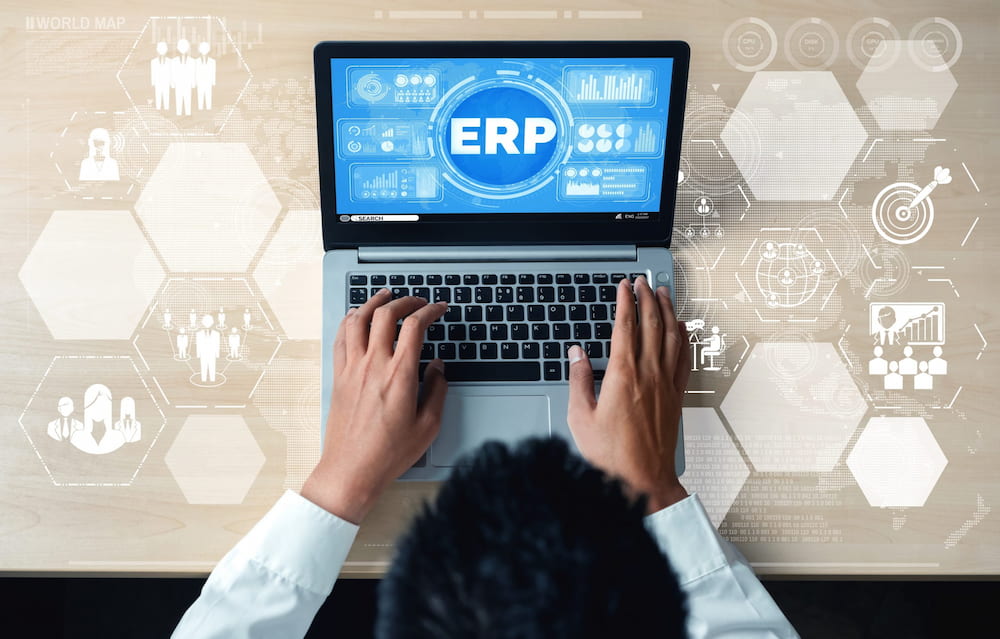Choosing the right ERP (Enterprise Resource Planning) solution can make or break a business’s operational efficiency and scalability. The debate of cloud ERP vs on-premise ERP is more than a tech buzz—it’s a strategic decision that impacts financial planning, data security, performance, and adaptability. This guide cuts through the noise to help you understand which option suits your business best—without the jargon.
This article explores both models in depth, including real insights, cost breakdowns, potential pitfalls, and industry reviews. Let’s get to the heart of what businesses really want to know.
What Is ERP and Why Does It Matter?
ERP software centralizes and streamlines core business processes like inventory, accounting, human resources, and customer management. Instead of juggling siloed tools, companies get a unified system to make better, faster decisions.
There are two main deployment models:
- On-Premise ERP: Installed locally on your hardware and managed by your IT team.
- Cloud ERP: Hosted on remote servers and accessed via the internet, often on a subscription basis.
So, which is better? That’s where it gets interesting.
Cloud ERP vs On-Premise ERP: The Key Differences
Let’s break this down by the factors that matter most:
1. Cost Structure
- Cloud ERP
- ✅ Lower upfront costs (subscription-based)
- ✅ No server maintenance costs
- ❌ Ongoing monthly/annual fees
- On-Premise ERP
- ❌ High upfront cost (licenses, hardware)
- ❌ Ongoing IT maintenance expenses
- ✅ Long-term cost stability (no subscriptions)
“Companies often underestimate the hidden IT and upgrade costs of on-premise systems,” says Tamer Badr, founder of Singleclic. “Cloud ERP offers a leaner, more scalable solution, especially for growing businesses.”
2. Implementation Time
- Cloud ERP
- ✅ Faster to deploy (weeks, not months)
- ✅ Remote setup possible
- On-Premise ERP
- ❌ Long deployment cycles (often months)
- ❌ Hardware provisioning required
3. Scalability & Flexibility
- Cloud ERP
- ✅ Easily scale up/down
- ✅ Accessible from anywhere
- ❌ Internet dependency
- On-Premise ERP
- ❌ Scaling requires hardware upgrades
- ✅ Total control over infrastructure
4. Security & Control
- Cloud ERP
- ✅ Enterprise-grade security protocols
- ❌ Data stored off-site (can raise compliance concerns)
- On-Premise ERP
- ✅ Complete data ownership
- ❌ Higher risk of outdated security measures
5. Upgrades & Maintenance
- Cloud ERP
- ✅ Automatic updates
- ✅ Vendor-managed maintenance
- On-Premise ERP
- ❌ Manual updates, often costly
- ❌ Requires IT team involvement
People Are Always Asking: Is Cloud ERP Really Safe?
Security remains one of the most common concerns for businesses switching to cloud ERP. Here’s the reality:
- Cloud ERP providers invest heavily in security—often more than small to mid-sized companies could afford on their own.
- Leading platforms include end-to-end encryption, redundancy, and compliance certifications (ISO 27001, SOC 2, etc.)
“It’s not about whether cloud is less secure,” Tamer Badr says, “It’s about how well your provider implements security best practices. We always recommend choosing providers that meet global compliance standards.”
Real-World Reviews: What Businesses Say
- Manufacturing Company (UAE): “Moving to a cloud ERP helped us reduce IT costs by 40% and gain real-time inventory visibility across all branches.”
- Healthcare Startup (UK): “We needed GDPR-compliant data handling and fast deployment. Cloud ERP delivered both within budget.”
- Retail Chain (KSA): “We tried on-premise initially, but the upgrade costs became unsustainable. Cloud ERP turned out to be more agile and future-proof.”
Pros & Cons at a Glance
✅ Cloud ERP: Pros
- Lower initial investment
- Quicker deployment
- Mobile and remote access
- Automatic updates and backups
❌ Cloud ERP: Cons
- Subscription cost adds up long-term
- Dependence on internet connectivity
- Data compliance may be complex
✅ On-Premise ERP: Pros
- Full data ownership
- One-time license fees
- More customizable
❌ On-Premise ERP: Cons
- High upfront costs
- Lengthy setup and maintenance
- Difficult to scale
Who Should Choose What?
Go with Cloud ERP if:
- You’re a SME or startup with limited capital.
- Your workforce is distributed or remote-first.
- You want fast implementation and low IT overhead.
- You need real-time insights and mobile access.
For a full breakdown of cloud ERP advantages, read: The Ultimate Guide to Cloud-Based ERP
Stick to On-Premise ERP if:
- You have in-house IT resources.
- You work in industries with strict compliance (e.g., defense).
- You want total control over your infrastructure.
- You’re not concerned about remote access.
FAQs: Cloud ERP vs On-Premise ERP
Q: Which option is more cost-effective?
A: Cloud ERP usually costs less in the short term. For long-term use, cost parity depends on maintenance and upgrade cycles.
Q: Is internet downtime a serious risk for cloud ERP?
A: It can be, but many vendors offer offline modes and 99.9% uptime guarantees.
Q: Can I migrate from on-premise to cloud ERP later?
A: Absolutely. Many vendors offer migration tools and services for seamless transitions.
Q: Are there hybrid ERP solutions?
A: Yes, hybrid models combine on-premise control with cloud scalability—ideal for businesses in transition.
Final Thoughts
The cloud ERP vs on-premise ERP debate doesn’t have a one-size-fits-all winner. It’s about aligning your choice with your business needs, budget, and long-term vision.
If flexibility, speed, and cost-efficiency matter to you, cloud ERP is the clear frontrunner. But if your operations demand tight security controls or you have a dedicated IT team, on-premise might still hold value.
As Tamer Badr of Singleclic says:
“We’ve helped companies across MENA migrate to cloud ERP and never looked back. But we always start with understanding the client’s internal processes before recommending a path.”
In Summary: The Decision Matrix
| Feature | Cloud ERP | On-Premise ERP |
| Initial Cost | Low | High |
| Maintenance | Vendor-managed | In-house |
| Customization | Moderate | High |
| Accessibility | Anywhere, anytime | Local only |
| Security Responsibility | Vendor | You |
| Scalability | Easy | Complex |
Still unsure? Consider booking a consultation with an ERP expert from Singleclic. They offer tailored advice for businesses across industries—from logistics to fintech.










